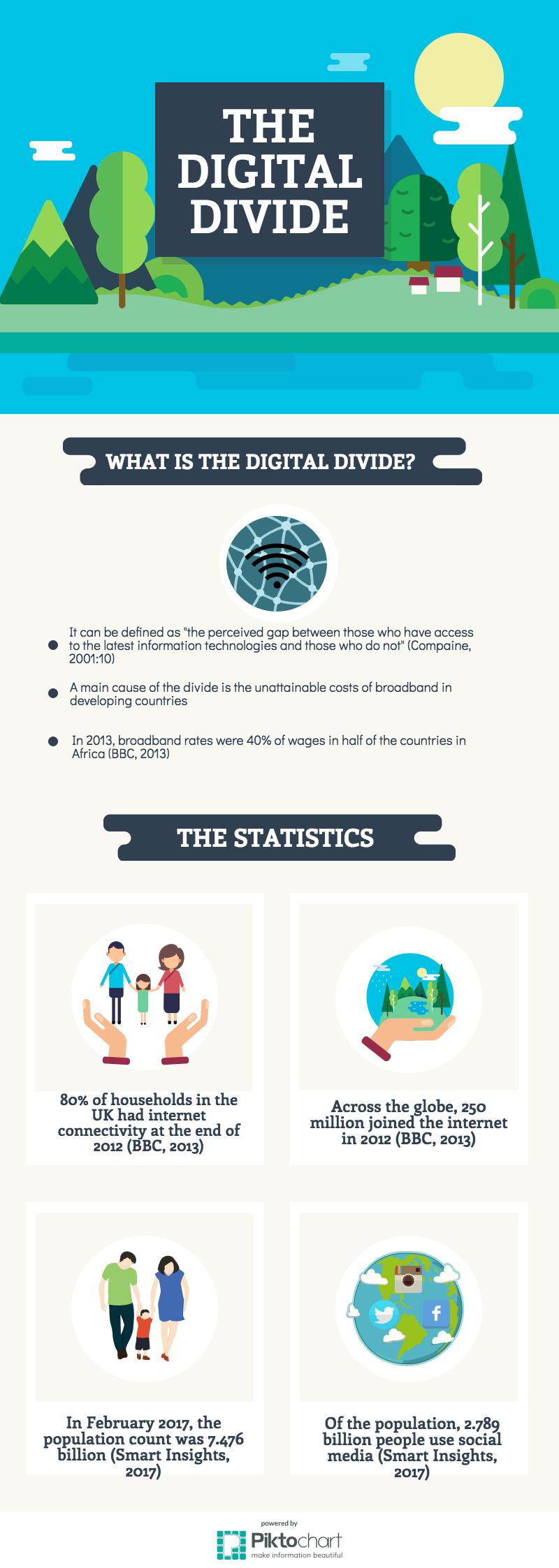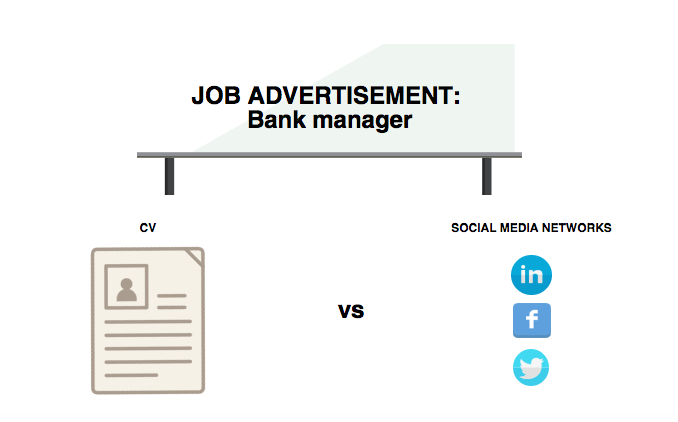There are numerous ethically challenging aspects of social media use that we, as internet users, should be concerned about while we are active online. Some of the ethical issues, to name a few, are anonymity, cyberbullying, the monitoring of current or future employees and identity theft. Cyberbullying in one of its forms was explored briefly in Topic 3, in the case of Justine Sacco (Ronson, 2015) where we explored whether the “right to free speech” (The Guardian, 2014) was should be compromised to prevent social media posts being offensive. In this topic, we will look into the evolving problem of identity theft for young people.
Identity theft is the act of wrongfully using someone’s personal information, especially in a way that is fraudulent (US Department of Justice, 2017). Online identity theft refers to the theft of a person’s personal information by online means, for example obtaining personal information from social media. Since the internet is relatively new, so is the problem of online identity theft and fraud. It is an issue that is also explored in the MTV show Catfish (2012). The show is mainly aimed at exposing some of the deceitful relationships and friendships that can ensue online. However, the underlying message is to show that there are risks of your online identity being used fraudulently and also of someone using a false identity to manipulate you, especially on social networks.
Figure 1: the trailer for Catfish: The TV Show
Potential identity theft is a big problem for young people who are avid users of social media, not solely for entertainment purposes but also for educational use. Liu (2010) argues that social media can be used as a tool, not only for learning but also for teaching. Here are some examples of how social media can be used in an educational arena:
Figure 2: Video on social media and how it is used for educational purposes
Arguably, the burgeoning problem of identity theft online could become more of a problem worldwide since the digital divide is weakening.

Figure 3: Infographic showing some facts on the digital divide
More people are gaining internet access, and while these developments present more opportunity for positive interaction, they also create a wider space of possibility for young people’s information to be taken advantage of.
With all this in mind, the question is: who is responsible for the protection of our information online. Glenn Greenwald (2014) highlights that privacy is important, which is necessary on all social media accounts, not just if you have something to hide. Who is protecting us online?

Figure 4: Infographic showing some points to consider of who is responsible for dealing with online identity theft
Word Count: 394
References
http://www.businessinsider.com/99-of-young-british-people-use-social-media-every-week-2016-8?IR=T
BI Intelligence (2016, August 5) 99% of young British people use social media every week. Business Insider. [Accessed: 24 March 2017]
Compaine, B. M. (2001). The digital divide: Facing a crisis or creating a myth?. Mit Press.
Chaffey, D., (2017, February 27) Global social media research summary 2017. Smart Insights. [Accessed: 24 March 2017]
http://www.edudemic.com/how-to-use-social-media-as-a-learning-tool-in-the-classroom/
Edudemic (2015, January 12) How to Use Social Media as a Learning Tool. [Accessed: 24 March 2017]
http://www.ted.com/talks/glenn_greenwald_why_privacy_matters
Greenwald, G., (2014) Why privacy matters. Ted Talks. [Accessed: 26 March 2017]
http://www.bbc.co.uk/news/technology-24426739
Kelion, L., (2013, October 7) UK jumps up internet scoreboard as digital divide grows. BBC News. [Accessed: 24 March 2017]
http://www.bbc.co.uk/news/technology-31710738
Kleinman, Z., (2015, March 5) Who’s that girl? The curious case of Leah Palmer. BBC News. [Accessed: 24 March 2017]
http://livernspleen.com/wp-content/uploads/2013/09/social-media-tool-as-a-learning-resource.pdf
Liu, Y. (2010). Social media tools as a learning resource. Journal of Educational Technology Development and Exchange, 3(1)
The Guardian (2014, January 24) Twitter abuse: easy on the messenger. [Accessed: 24 March 2017]
https://www.justice.gov/criminal-fraud/identity-theft/identity-theft-and-identity-fraud
The United States Department of Justice (2017, February 7) Identity Theft. [Accessed: 25 March 2017]
Ronson, J., (2015, February 12) How One Stupid Tweet Blew Up Justine Sacco’s Life. NY Times. [Accessed: 12 March 2017]
http://www.bbc.co.uk/news/uk-36528256
Wakefield, J., (2016, June 15) Social media ‘outstrips TV’ as news source for young people. BBC News. [Accessed: 24 March 2017]
https://www.youtube.com/watch?v=CMA4x7aXJT0
Figure 1: [Max Joseph] (2012, October 26) CATFISH: THE TV SHOW TRAILER. (Video File) [Accessed: 24 March 2017]
Featured image & Figures 2-4: Self produced




